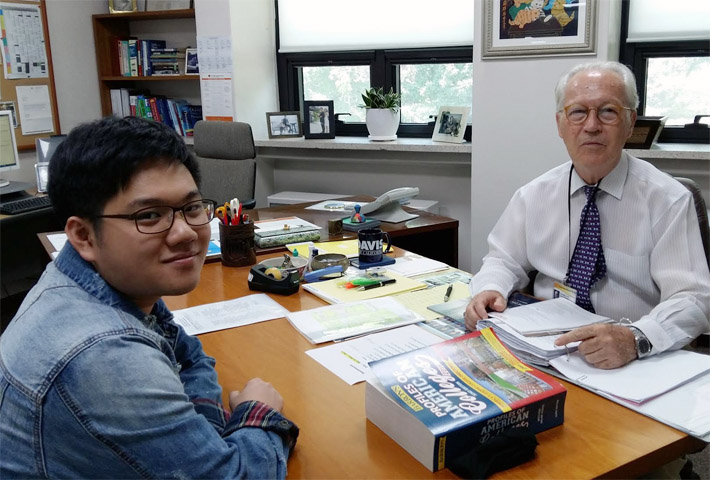With summer break quickly approaching, many students begin to wonder what to do with their newfound free time. While many students in South Korea use this time to enter hagwons to prepare for their SATs or other subjects, others look towards Pre-College Summer Programs. Pre-College Summer Programs are designed to give students a “test-drive” on what college life could be like.
Many top tier colleges such as Yale and Columbia offer these Pre-College Summer Programs to provide a simulated college environment for students to take classes under. These classes usually pertain to a specific field such as journalism so that students can explore an area that they may be interested in with more depth. These programs can last from anywhere between three weeks to eight weeks depending on the course and provide a plethora of options for students to choose from.
The 4-Week Credit Program hosted by University of Southern California (USC) can provide courses ranging from Architecture to Pre-Law and even Global Studies. These programs not only allow students to immerse themselves in a traditional college environment, but also provide some USC college credits for the high school students that attend and successfully complete the course. More renowned Summer Courses can be found in Cornell University’s Three Week Summer Courses that are open to current sophomore, junior and senior high school students. These courses, ranging from animal-science to Inspiring Leadership, are taught by experts of the field, thereby providing the best learning opportunity for students.
Many of these programs use an application system that requires applicants to submit essays or previously created works. For example, the Creative Writing: Journalism and Nonfiction course from the 3-Week Immersion program in Colombia University requires students to submit two articles that they created for previous projects. This application system ensures that the students who are applying to the program are interested in the subject while displaying a basic level of competence.
With a variety of summer programs that are accessible, it is no surprise that certain misconceptions can be spread about these programs. To dispel these misconceptions, an interview was conducted with Fredric Schneider, the Dean of Students at Seoul International School to better guide students when it comes to making decisions about summer programs in the U.S.

Q. What do you think are the positive aspects of joining a summer camp program?
A: “To me, the only positive aspect would be spending the time on campus to see what college life is like. However, if you think attending a summer program gives you an advantage in the regular application process, then you are under a misconception, a dramatic misconception.”
Q. Would you recommend students taking a summer program in college?
A: “It’s much better than being locked up in a hagwon all summer.”
Q. What kind of summer programs are the most worthwhile?
A: “The worthwhile summer programs are honestly the ones that are competitive, the ones that you don’t need to pay for. A program that does not have a summer fee would be much more positive than a program at UPenn that costs $8,000.”
There are several factors that a student needs to consider when deciding on whether to attend a Pre-College Summer Program, and what program to join. Though these programs do provide a good campus experience, they do not contribute towards college applications as some students may hope. Furthermore, these programs can be quite expensive. A single 3-week session at Columbia’s summer courses costs $5,600 with a $1,000 non-refundable deposit. Students attending these programs should apply to explore academic fields they may be interested in rather than filling in one more checkbox for college application. Therefore, students will need to establish a balance between the cost of these programs and the potential benefits they may extract from them.

Alexander Joonhwan Song
Grade 11
Seoul International School
By Alexander Joonhwan Song

